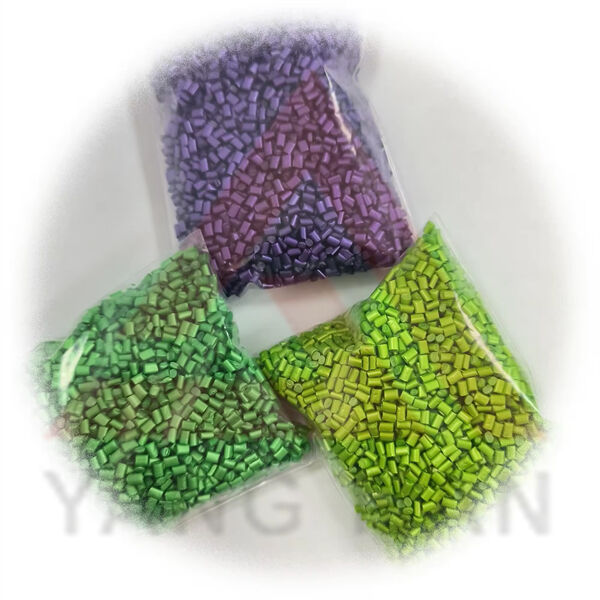There are many kinds of plastic that people use when they are producing things. These are and are known as plastic raw materials and they come in all shapes and sizes! We are surround by plastic in our everyday lives, from the toys we play with as children to containers that are used every day. Let us understand what are plastic raw materials, how these raw materials are formed, and how they are essential for you and the environment.
Another significant plastic is polypropylene. It is more rigid than polyethylene and manages temperature fairly well. As a result, it is commonly used for food containers, yogurt cups, and even certain toys. Some other attributes that make ceramic a good choice are its resistance to high temperatures — useful for items that need washing or heating.
For example, during polymerization a small unit, called a molecule, is connected to one another to form long chains. It is an essential step because this is what turns the basic raw material into powerful plastics. The plastic raw materials are then often subjected to additional post-polymerization processing to give us the final product we see. This may involve rendering the material more suitable for its purpose by adding colors, textures, etc.
When the material is ready, it can be processed into your end product through shaping methods such as molding or extrusion. Molding, designed for a barrel format, enables the plastic to be molded into more specific shapes, such as bottles or containers, while extruding simply pushes the material through a mold to form long, cylindrical shapes, such as pipes.

When producing plastic products, quality control is extremely critical. In such cases, ensuring the proper execution of things and confirming that the used materials are correct and safe are all part of the disposal of such items. Even slight variations in the raw components can influence the quality of the final product. If some of the raw materials have small particles of dirt or other contaminants in them, it can lead to issues with the final product, such as producing something fragile or unsafe.

Many companies have strict regulation on the quality of the raw materials of plastic, to guarantee the quality. They could also analyze the raw materials for impurities or their strength and durability above a certain standard. This way they can be assured that the items manufactured out of these components will be safe and function as planned.

Environmental Masterbatch has dedicated to manufacture plastic raw materials with long-term sustainability. We’re always seeking new innovations to minimize the environmental impact of our products. We hope to contribute to a better tomorrow for all through the use of recycled materials, and the creation of novel biodegradable ones.
Environmental Masterbatch is a tech-driven company integrates technology research and development, manufacturing, sales, and after-sales support. Month it produces of 5000 tonnes each utilizing 15 production lines. Our sales network covers over 60 countries and regions that cover different elements of China, Europe and America as well as the center East, Southeast Asia, Africa, India, and several other countries.
The Environmental Masterbatchadheres towards the principles of "Survive with quality, create with confidence". We're an expert in providing customers integrated synthetic practical possibilities, as well since speedy, safe and convenient services being logistic. Our users can avail a 24 hours after-sales support and also provide solutions.
A rational and scientific plastic industry raw materials design Automated machine production, advanced testing equipment, uniform operation for each step, guarantee to supply high-quality products. The product has been certified by FDA, SGS, RoHS and REACH.
Main products: plastic industry raw materialsin white, black colored and white; desiccant master batch; CaCO3/Na2SO4/BaSO4/Filler master batch Flame Retardant Master batch; Brightener Master batch and differing other Master functional batches. You can expect personalized solutions based on the consumer's specifications and will provide samples to test. After satisfactory testing, make an order.